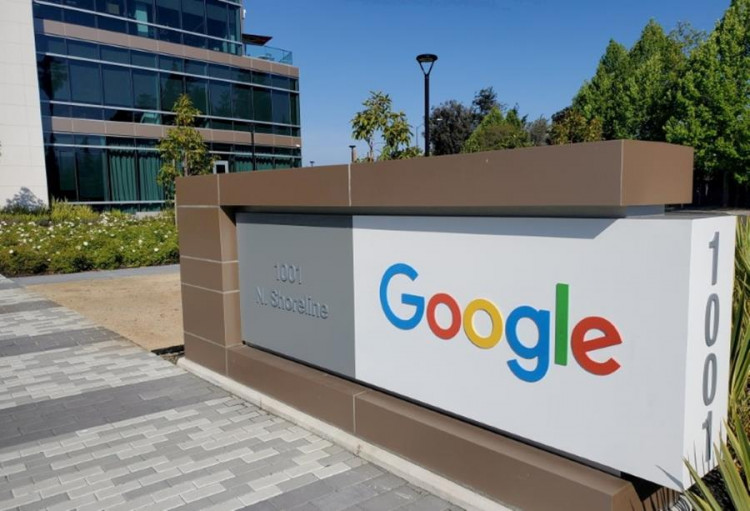The U.S. Department of Justice (DOJ) has escalated its antitrust case against Google, calling for the company to not only divest its Chrome browser but also to separate its Android operating system and limit its artificial intelligence (AI) model training.
According to a Financial Times report on November 21, the DOJ filed a court document on Thursday stating that breaking up Chrome and Android would effectively weaken Google's dominance in the online search market. If the proposal is accepted, Google would no longer be allowed to own a browser and would be prohibited from re-entering the browser market for the next five years. Additionally, the DOJ is seeking to have Google divest its investments in search engines, query-based AI products, and advertising technology within six months.
With the reappointment of new DOJ leadership under President-elect Donald Trump, Google's antitrust case is entering a critical phase.
DOJ Seeks to Limit Google's AI Training Practices
Earlier this week, Bloomberg reported that the DOJ plans to force Google to sell Chrome as part of efforts to dismantle Google's monopoly in the search engine market. Now, the conflict has escalated further, with the DOJ seeking to have Google separate from its Android operating system and place restrictions on its AI training content.
In the court documents, prosecutors argue that Google's actions have created an unfair competitive environment, reflecting the illicit profits gained from its market advantages. The DOJ asserts that corrective measures must be implemented to address this gap and strip Google of its unlawful benefits.
Under the proposal, Google would be required to allow competitors to access its search index, user data, and advertising data at "marginal cost," while ensuring privacy protection. This would eliminate Google's monopoly on valuable data resources that are crucial for AI model training.
The DOJ has also stated that Google should cease paying billions of dollars to companies like Apple to make its search engine the default option, a tactic central to its dominance in the search market. In 2021, Google paid Apple over $20 billion to secure its position as the default search engine for Apple's Safari browser.
Google Strongly Opposes DOJ's Proposal
Google has vigorously opposed these proposals, calling them "shocking and overly aggressive." The company argues that divesting Chrome and Android would harm consumers, as these products are currently free and serve as loss-leading tools to promote Google's search engine and advertising business. Google contends that no other company has the financial capacity to maintain the security and competitiveness of a browser.
Furthermore, Google believes that these demands could severely impact its investments in AI and undermine its global technological leadership. The company is concerned that such actions would hinder its ability to stay at the forefront of AI development, a field in which it has made substantial investments.
The case is ongoing, with Judge Amit Mehta expected to decide by mid-2025 whether these proposed remedies will be implemented. If the proposal is accepted, it could represent a significant victory for U.S. antitrust regulators in their ongoing efforts to curb Google's market dominance.
However, as Trump prepares to return to the White House, the future of this antitrust action remains uncertain. If he reappoints new leadership to the DOJ, it is unclear whether the aggressive stance against Google will continue. Additionally, it is unknown whether the Trump administration will alter current antitrust policies.






